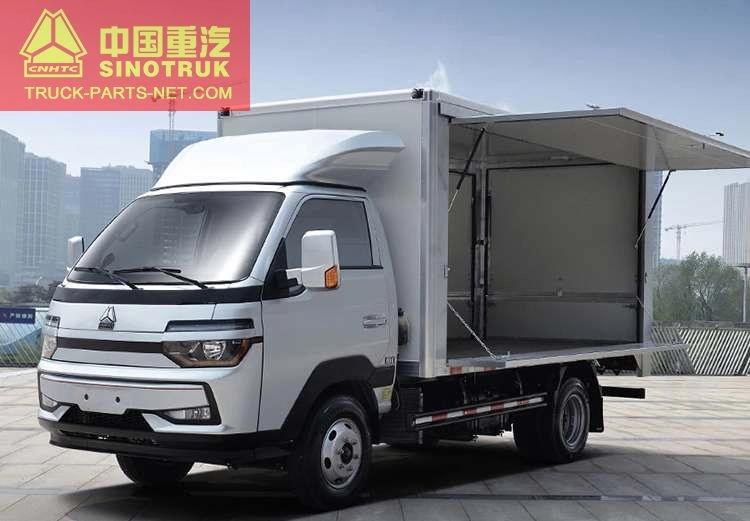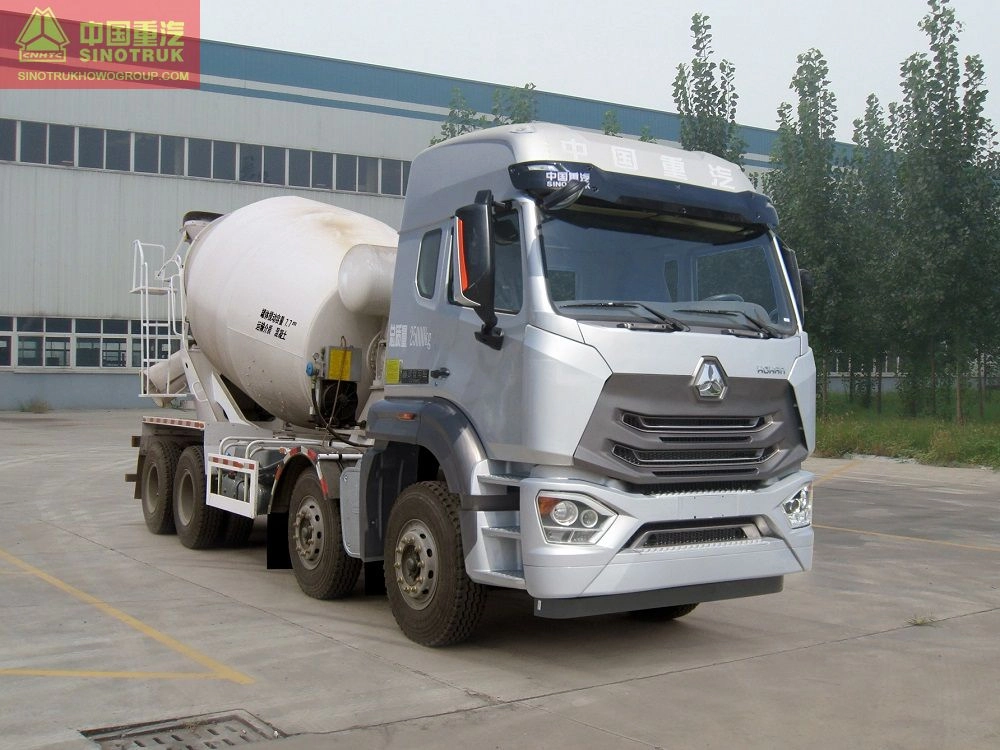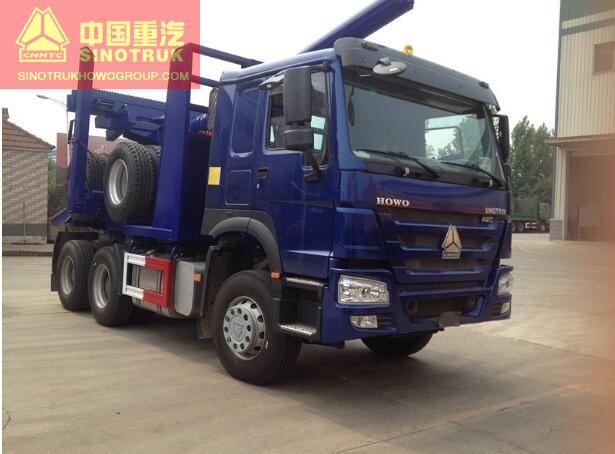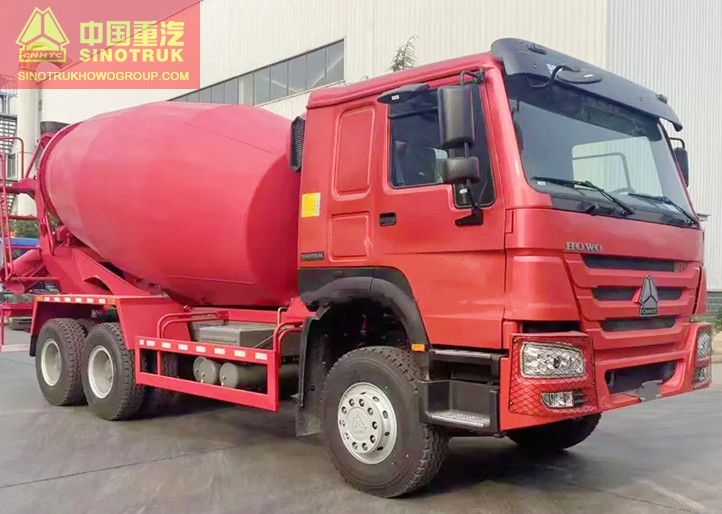sinotruk water tanker,water tanker price
- Release time:04-30-2024
- Source:Sinotruk HOWO
Catalog overview:
Introduction to Sinotruk Water Tanker

The Sinotruk Water Tanker, a product of China National Heavy Duty Truck Group Co., Ltd. (Sinotruk), is a robust and efficient vehicle designed to meet the diverse needs of industries requiring water transportation and distribution. With its advanced engineering and robust design, this tanker has carved a niche for itself in the global market, serving sectors such as construction, agriculture, and fire suppression.
Key Features and Specifications
Boasting a high-quality chassis, the Sinotruk Water Tanker is built for durability and resilience. Its large capacity tank, typically ranging from 10,000 to 30,000 liters, ensures efficient water transportation. The tanker is equipped with a high-pressure water pump system, enabling it to perform tasks like dust suppression, irrigation, and fire fighting. The vehicle's powerful engine, combined with advanced transmission technology, guarantees optimal performance on various terrains.
Advanced Technology and Safety
Safety is a top priority in the Sinotruk Water Tanker's design. It features a reliable braking system, ensuring secure operations even under heavy loads. The tanker is also equipped with advanced GPS navigation and real-time monitoring systems, allowing for efficient route planning and tracking. The user-friendly control panel simplifies operation and enhances overall safety.
Reliability and Serviceability
Sinotruk's commitment to quality is evident in the tanker's low maintenance requirements. The tanker's modular design simplifies repair and replacement of parts. A well-established global service network ensures prompt support and reduces downtime, maximizing the vehicle's productivity.
Environmental Impact and Sustainability
In line with modern environmental standards, the Sinotruk Water Tanker is designed to minimize its carbon footprint. Its fuel-efficient engine reduces emissions, while its water management capabilities help conserve resources. This tanker is a testament to Sinotruk's dedication to sustainable transportation solutions.
Conclusion
the Sinotruk Water Tanker is a versatile and reliable solution for water transportation needs. Its advanced features, robust design, and commitment to sustainability make it a standout choice in the industry. Whether it's construction sites, agricultural fields, or emergency fire response, this tanker consistently delivers efficient and dependable performance. With Sinotruk, you can trust in a combination of strength, technology, and eco-friendliness for your water transportation needs.
how much does it cost for a tanker of water
Introduction to Water Tanker Costs

When it comes to transporting water, a tanker truck plays a vital role, especially in areas where access to clean water is limited. The cost of renting or purchasing a tanker truck for water transportation varies depending on several factors. This article aims to delve into these factors and provide an estimate of the expenses involved, along with insights into the industry and potential solutions.
Factors Influencing Tanker Truck Costs
1. Size and Capacity: The size of the tanker is a significant determinant in the cost. A larger tanker, capable of carrying more water, will naturally cost more than a smaller one. For instance, a 3,000-gallon tanker might cost around $50,000, while a 10,000-gallon tanker could be in the range of $150,000 to $200,000 (source: Equipment World).
2. New vs. Used: New tankers come with the latest technology and safety features but are more expensive. A used tanker, though cheaper, might require additional maintenance and repairs.
3. Purpose and Specifications: Tankers designed for potable water might be more expensive due to stricter regulations and materials used, compared to those for non-potable water.
4. Location: The cost of a tanker also varies geographically due to differences in taxes, local demand, and supply chain logistics.
Operating Costs and Additional Expenses
1. Fuel: The fuel consumption of a tanker truck depends on the distance traveled and the fuel efficiency of the vehicle. On average, a tanker truck can consume around 8-10 miles per gallon (source: Trucker Path).
2. Maintenance and Insurance: Regular maintenance, repairs, and insurance premiums add to the overall cost. Insurance costs can range from $1,000 to $5,000 annually (source: Insurance Journal).
3. Driver Wages: Professional drivers' salaries must be factored in, which can vary based on experience, location, and industry standards.
Alternatives and Solutions
1. Leasing: For businesses with fluctuating water transportation needs, leasing a tanker can be a cost-effective option. Lease terms and rates can vary, but it generally includes maintenance and insurance.
2. Bulk Water Delivery Services: Engaging a bulk water delivery service can be a more affordable and convenient choice for one-time or short-term water supply needs.
3. Water Management Planning: Efficient water management, including storage and distribution strategies, can minimize the need for frequent tanker usage.
Balancing Cost and Efficiency
Understanding the various factors affecting the cost of a tanker truck for water transportation is crucial for businesses and individuals alike. By considering the size, purpose, location, and additional expenses, one can make an informed decision that balances cost and efficiency. Whether it's investing in a new or used tanker, leasing, or utilizing bulk water delivery services, finding the right solution ultimately depends on specific needs, budget, and long-term goals.
water tanker price
Introduction to Water Tanker Trucks
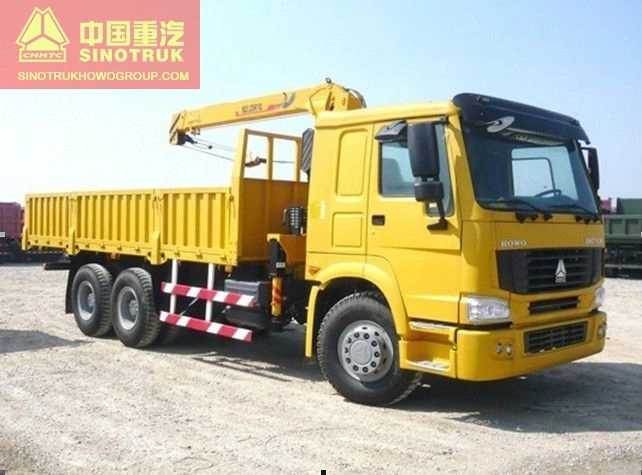
Water tanker trucks, also known as water bowsers, are essential vehicles in various industries, including construction, agriculture, and emergency services. These versatile vehicles are designed to transport and distribute water to areas where access is limited or unavailable. The water tanker price can vary significantly based on several factors, making it crucial to understand the features, capabilities, and considerations when investing in one.
Factors Influencing Water Tanker Truck Prices
1. Tank Capacity: The size of the water tank is a primary determinant of the price. Larger tanks, capable of carrying more water, will naturally be more expensive. For instance, a 2,000-gallon tanker will cost less than a 10,000-gallon one.
2. Material: Tanks can be made of steel, aluminum, or polyethylene. Steel is generally more durable but heavier, while aluminum is lightweight but more expensive. Polyethylene tanks, on the other hand, are cost-effective and corrosion-resistant.
3. Additional Features: Options like pumps, spray nozzles, and fire suppression systems can significantly impact the price. For example, a fully equipped fire-fighting water tanker will cost more than a basic water transportation unit.
4. Brand and Quality: The reputation and quality of the manufacturer can also influence the cost. Well-established brands often charge a premium for their reliability and after-sales service.
5. Market Demand and Supply: Economic conditions and industry trends can affect the pricing. During peak construction seasons, prices might rise due to higher demand.
Case Study: Water Tanker Use in Drought-Prone Regions
In regions prone to drought, like California, water tanker trucks play a vital role in supplying water to households and farms. For example, the city of Fresno has contracted with local companies to provide water tanker services during dry spells. These trucks not only transport water but also help in firefighting efforts, highlighting their multi-functional nature and justifying their investment cost.
Choosing the Right Water Tanker Truck
When considering the purchase, it's essential to assess your specific needs. Are you looking for a tanker primarily for construction site hydration, agricultural irrigation, or emergency services? Understanding the primary use will guide your decision on tank size, additional features, and budget.
Balancing Cost and Efficiency
The price of a water tanker truck is a reflection of its functionality, durability, and specialized features. While a higher price may seem daunting, investing in a well-equipped and reliable tanker can save money in the long run by reducing maintenance costs and increasing operational efficiency. Remember, the key is to find the right balance between cost and performance to meet your specific requirements.


